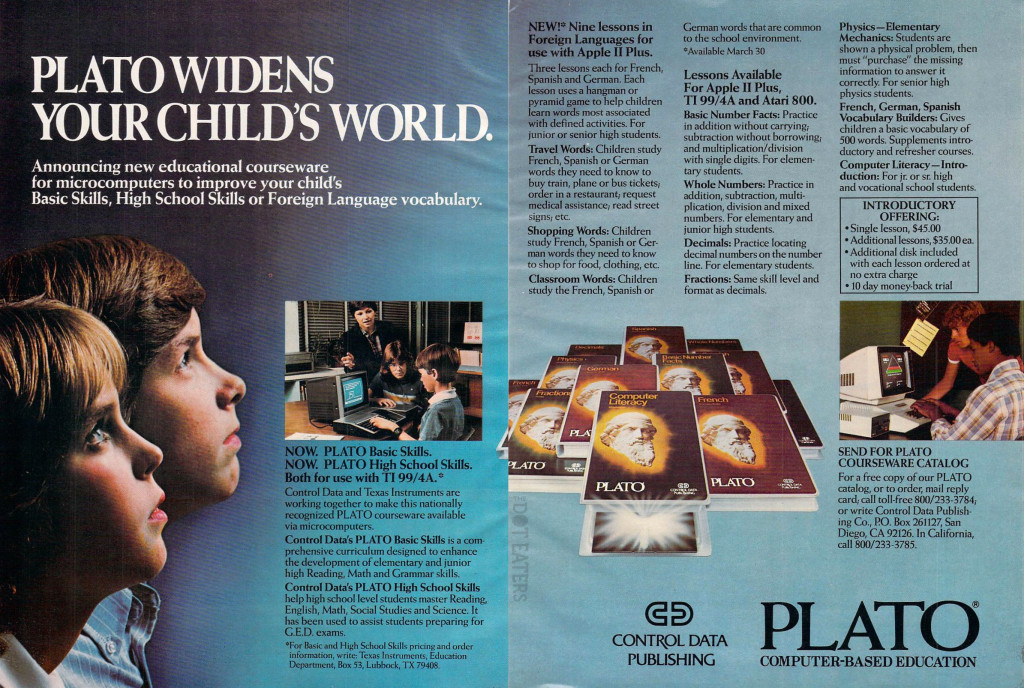
Image by Pexels from Pixabay
1. Something reminds in the history of educational technology
Bates (2015) says new technology seldom replaces the older one and commonly survives and transfers into a different form.
During the educational history, the way we learn and teach remains. Especially the oral and written communication stays in each evaluation timeline of technology. For instance, various forms of oral communication exist in the video, broadcast, recording, radio, etc. As printing technology is developed and established, written communication transforms into textual communication, textbooks, publications that provide easy access to learning and teaching. Even in the computer-based or online learning environments, written and oral learning materials are still widely used.
In short, the development of educational technology is more like the process of adaption: the basic educational techniques adapt to different technology phrases like programming, CBT (computer-based-teaching) with multimedia, IBT (internet-based-teaching), e-learning, and social software (Teemu, 2005).
2. The forgotten “dawn of cyberculture”
Watters (2014) thinks that changing what people believe and how they see things is much more challenging than constructing new technologies.

PLATO teaches kids foreign languages.
Source:http://thedoteaters.com/?attachment_id=9029
He took the first computer-aided instruction system PLATO, developed at the University of Illinois, as an example. An author, Brian Dear, referred to it as “the dawn of cyberculture” because the PLATO system inspired many later innovations in computer technology. However, in the 1970s to 1980s, the popularity of personal computers and the internet is still not high enough for the system to become a significant influencer in education. People often recognized ways of learning as reading a textbook, listening to the radio, and teachers’ lectures.
More information about PLATO. (a link to Wikipedia)
Moreover, the commercial potential of PLATO was highly recognized. People care more about how many packages they sold and how much profits they could make. Consequently, we saw little improvement in our education and the implementation of technology. Comparing today’s online or e-learning platforms to those decades ago, the course content, the integrated technology in pedagogy, techniques of interaction, and the marketing slogan remain unchanged.
It is undoubted that technology optimizes our learning and teaching activities: improving student engagement, offering better access to educational resources, and providing numerous learning options for students. But as a practitioner of education, we need to think deeply about how educational technology is going to change our vision of education.
What is your vision of educational technology?
References
Bates, T. (2019). Teaching in a digital age (2nd ed., p. Chapter 6: Understanding technology ineducation).
LEINONEN, T. (2005). (Critical) history of ICT in education – and where we are heading?.https://teemuleinonen.fi/2005/06/23/critical-history-of-ict-in-education-and-where-we-are-heading/
Himmelsbach, V. (2019). How Does Technology Impact Student Learning? | Top Hat. https://tophat.com/blog/how-does-technology-impact-student-learning/
Watters, A. (2014). The hidden history of ed-tech. In The monsters of education technology (pp.7-31). Vancouver, BC: Tony Bates Associates Ltd. Retrieved from https://s3.amazonaws.com/ audreywatters/the-monsters-of-education-technology.pdf#page=7


emacdonald
Junxiang, this is an excellent blog post! You really broke down your ideas clearly in sections, with great pictures. I would say your two points here are the two main “take home” messages for me this week, too. As for your question, what is my vision of the future of EdTech? That, I am a bit less clear on at the moment; hopefully it’ll become more apparent for me as we progress through the course.
Junxiang
Thanks for your comments! I’m sure that we will have more understandings of the vision of future EdTech after this course. Good luck!
Corrie Laughlin
I really like the presentation of your thoughts on the reading. I wonder too what the future of educational technology will be and have much we as instructors will have to adjust. There are certainly ways that we as social beings prefer to learn, and thus learning that involves human interaction will always be preferable. I do believe though that the field of educational technology will develop greatly in ways we cannot even imagine at the moment. Hopefully, the focus of the new tool will always be the human behind the screen.
Junxiang
Hi Corrie, thanks for your reply. You are correct. Human interaction might always be involved in learning.